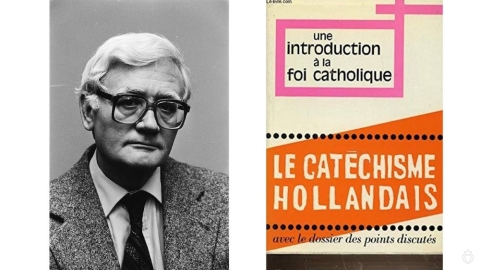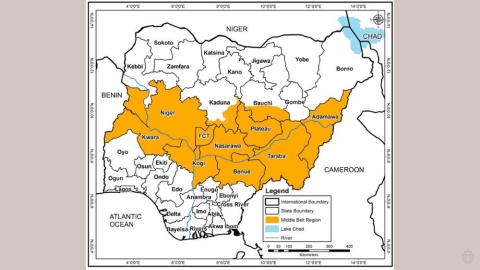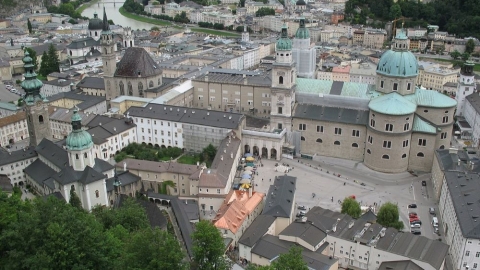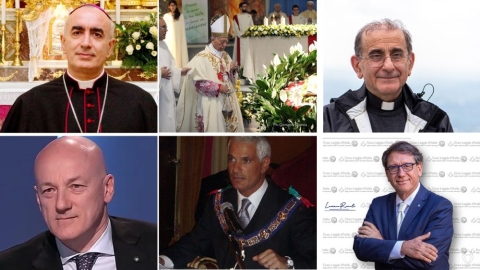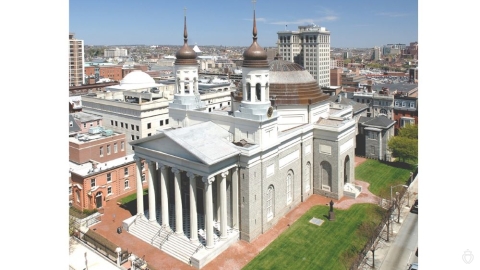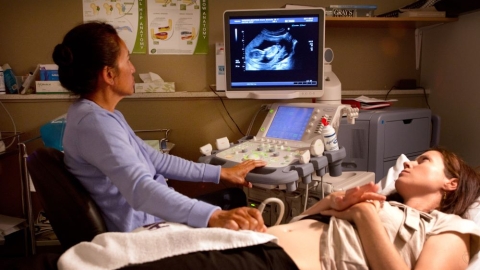Easter Suppressed in the Democratic Republic of the Congo
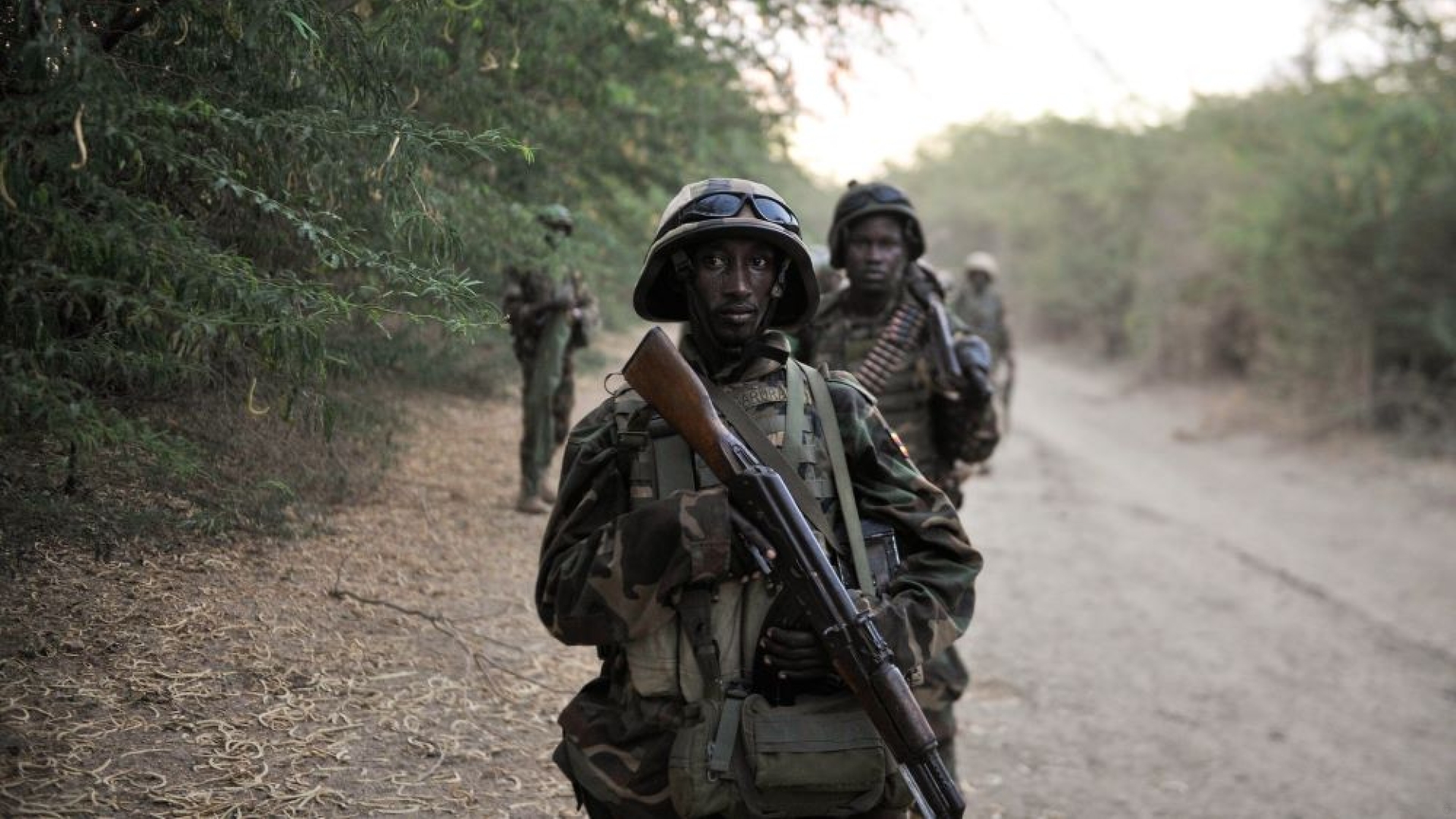
In the eastern section of the Democratic Republic of Congo (DRC), Catholics have been prevented from celebrating Easter due to deadly raids carried out by the Ugandan rebel group ADF – Allied Democratic Forces – affiliated with the Islamic State (IS) organization.
In the province of North Kivu, the spirit is to not celebrate Easter: “I am Catholic. Before, the priests came every Sunday and during the Easter Triduum, they organized catechism and evening Masses, but now that is impossible. We gathered in our chapel, but today everyone stays at home; we are afraid that the rebels will attack us there during Mass,” confides Zahabu Kavira, a resident of Maleki, a small village near Oicha, in the eastern part of the country.
On the night of April 2-3, 2024, in the middle of Easter week, at least ten people lost their lives in the region and several buildings were set on fire following an attack attributed to the ADF Islamists.
Among the structures stormed by the attackers was the local health center, which was partially burned, as well as a dozen homes and commercial buildings. For their part, the villagers do not understand how the attackers were able to act so easily in an area where Congolese and Ugandan soldiers are present.
The ADF is a Ugandan rebel group long established in North Kivu and Ituri, terrorizing local populations. In 2019, the group announced its affiliation with the Islamic State organization, and took the name ISCAP (Islamic State Central Africa Province).
One of the main targets of the Islamists is young people who they want to be cut off from the educational environment where the Church is very present. Nearly thirty thousand students, including eleven thousand girls, can no longer go to school in the territory of Irumu in Ituri, and in the Eringeti sector in North Kivu.
According to a recent investigation by a team of school inspectors, 79 primary and secondary schools in these areas have been closed due to insecurity. Some school buildings were burned by the rebels.
Jihadist attacks against villages in Beni have not spared churches. Currently, weeds grow all around the abandoned chapels. Fr. Omer Sivendire is parish priest of the Holy Spirit of Oicha church. He talks about his difficulties in carrying out his ministry in a region increasingly plagued by insecurity.
Contrary to his usual habit, the priest was not able to join his parishioners to celebrate the Mass of the Resurrection: “In the past, we could easily move everywhere, but today, it is impossible when our Christians live in insecurity and so do we. We are having trouble getting there. We hope that next year we will be able to go everywhere, but not this year, unfortunately,” laments the Catholic priest.
But the Islamists are not the only ones to plunge the eastern section of the DRC into appalling chaos: for several months, other rebels known as M23 (March 23 Movement) have been destabilizing the region with the active support of neighboring Rwanda who wishes to exercise control over a transit region for the Congo's mineral resources.
A year ago, the coordinator of the DRC's disarmament, demobilization, community recovery, and stabilization program (P-DDRCS) identified 266 armed groups present and active in five provinces of eastern DRC. The provinces of Ituri, North Kivu, South Kivu, Maniema, and Tanganyika are home to 252 local armed groups and 14 foreign groups.
(Sources : Fides/Deutsche Welle/RTN – FSSPX.Actualités)
Illustration : Flickr / United Nations Photo (CC BY-NC-ND 2.0 Deed)
